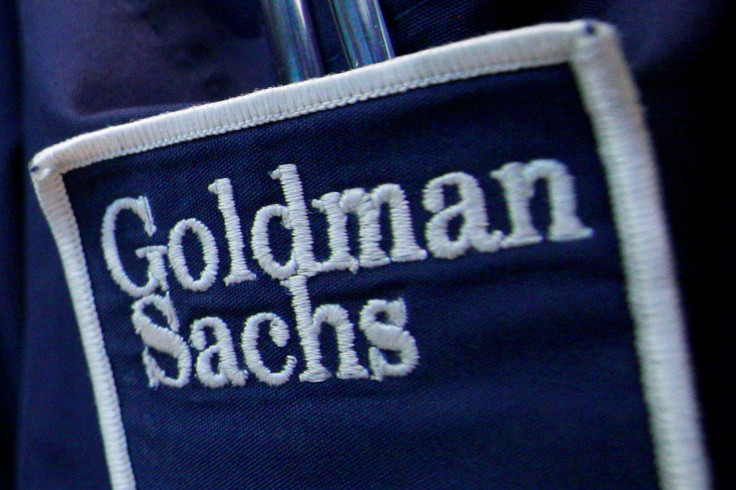Goldman Sachs Summer Job Applicants Number More Than 25 Times The Bank's Hires In 2015: Report

If the reputation of the financial services industry has been tarnished in recent years — for everything from allowing drug-money laundering, to creating a global economic crisis, to driving U.S. counties into crippling debt — you wouldn’t know it from this year’s crop of future bankers and analysts.
The Financial Times is reporting that Goldman Sachs, the world’s second-largest investment bank, received globally about a quarter of a million job applications from grads looking for their first jobs in the industry this summer. That’s more than 25 times the bank's 9,700 total hires last year, making the chances slim for most applicants.
The number of applicants in the industry has risen in recent years, exploding any notion that college students have been turned off by a string of financial sector malfeasances, beginning with the start of the U.S. housing sector collapse in 2007 that sent securitized toxic debt like a hurricane through the global economic system.
“The idea that suddenly people don’t want to go into banking — or if they do go into banking that they stay for a bit and leave immediately — a lot of that has been exaggerated,” Sam Dean, Barclays’ co-head of Emea (Europe, Middle East and Africa) banking, told the Times in a report published Sunday.
Overall, the global banking industry has seen a 40 percent increase in the number of applicants since 2012, the Times estimates, though in a separate study it found that MBAs at the world’s top business schools are steering away from banking.
Most of Goldman’s applicants are searching for undergraduate summer jobs while about 30,500 are MBAs looking for summer work and new associates positions.
The pattern is reflected at other banks. JPMorgan, the world’s top investment bank, said applications have risen 40 percent from 2012 but declined to give a figure. Morgan Stanley says it’s getting about 8,000 applications a year, up from about 6,000 in 2006-2007, just before the global economic downturn.
© Copyright IBTimes 2024. All rights reserved.






















